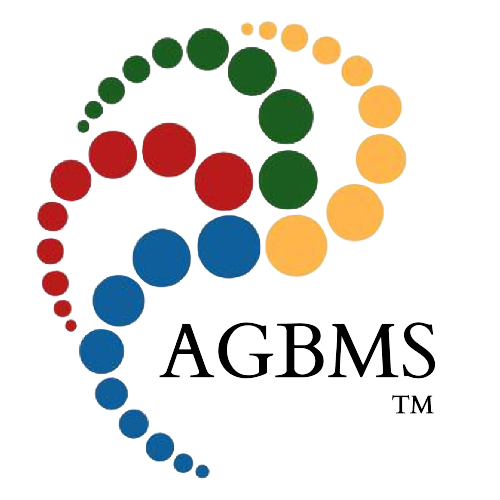9300 Capitol Drive, Wheeling, Illinois 60090 * 847-850-5490 * [email protected]
Business Office Hours 7:30 am-6:00 pm
Alexander Graham Bell Montessori School does not and shall not discriminate on the basis of race, color, religion (creed), gender, gender expression, age, national origin (ancestry), disability, marital status, pregnancy, sexual orientation, preference or identity; or military status, in any of its activities or operations. These activities include, but are not limited to, hiring and firing of staff, selection of volunteers and vendors, and provision of services. We are committed to providing an inclusive and welcoming environment for all members of our staff, clients, volunteers, subcontractors, vendors, and clients.
Website by Alexander Graham Bell Montessori School TM
Copyright 2024 All rights reserved.

